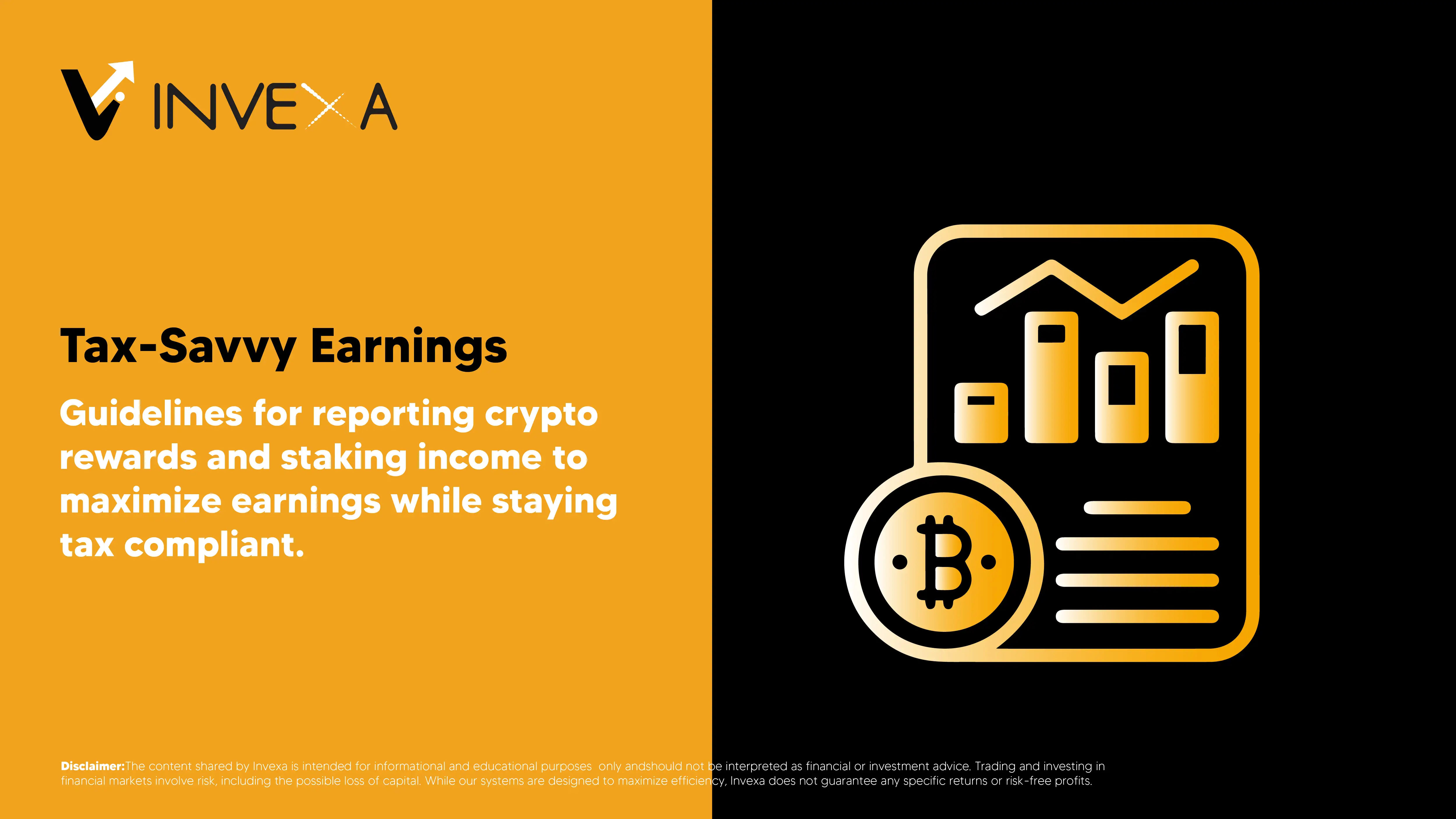
Learn how to report crypto rewards and staking income for taxes. This guide covers staking DeFi yields airdrops and liquidity mining with tips on compliance record keeping and tax optimization.

Earning from crypto is easy. Reporting it correctly is harder. Whether you get staking rewards DeFi yields airdrop income or liquidity mining rewards tax authorities expect clear records. This guide explains how to treat crypto rewards and staking income for tax purposes and offers practical steps to stay compliant.
Many jurisdictions treat received tokens as taxable income at their fair market value when awarded. Later sales trigger capital gains tax on the difference between sale price and the value at receipt. That applies to proof of stake rewards validator payouts delegated staking and on chain yield.
Note the USD or local currency value of each reward at the timestamp you receive it. This FMV is your initial cost basis for later capital gains reporting.
When you sell or swap tokens calculate gain or loss from the original basis. That determines short term or long term treatment under your local tax rules.
Report staking and DeFi income as ordinary income when received and report subsequent disposals as capital gains or losses on your tax filings.
Use crypto tax software and portfolio trackers that integrate with exchanges and wallets. Tools like CoinTracker, Koinly and TokenTax aggregate wallet addresses parse on chain transactions label staking rewards and produce tax reports for IRS, HMRC and other authorities.
Record each validator payout. If you auto compound or restake treat each received token as income at the time of receipt and adjust basis.
Interest from platforms like Aave or Compound is usually taxable as income when you receive it. Keep logs of loan start and end and note impermanent loss implications if providing liquidity on AMMs such as Uniswap.
Rewards from liquidity pools and incentive programs are typically income. For farming that pays in multiple tokens value each token on receipt.
Airdrops can be taxable on receipt if they provide you economic benefit. Governance tokens issued for participation or vesting schedules may generate income when they vest or when you can freely transfer them.
Tax rules differ across countries. The IRS in the United States HMRC in the UK and other revenue authorities have specific guidance on crypto income. Consider withholding tax implications for cross border payments and consult local rules on reporting thresholds and required disclosures.
Consider tax loss harvesting to offset gains hold tokens for long term capital gains treatment where appropriate and evaluate jurisdictional tax benefits. Use custodial or institutional staking services only after confirming their reporting and withholding practices.
Crypto rewards and staking income create real tax obligations. Good record keeping the right tax software and timely reporting help you stay compliant while optimizing after tax returns. Treat staking DeFi income liquidity mining rewards and airdrops as part of your overall tax planning and consult specialists for complex or cross border situations.